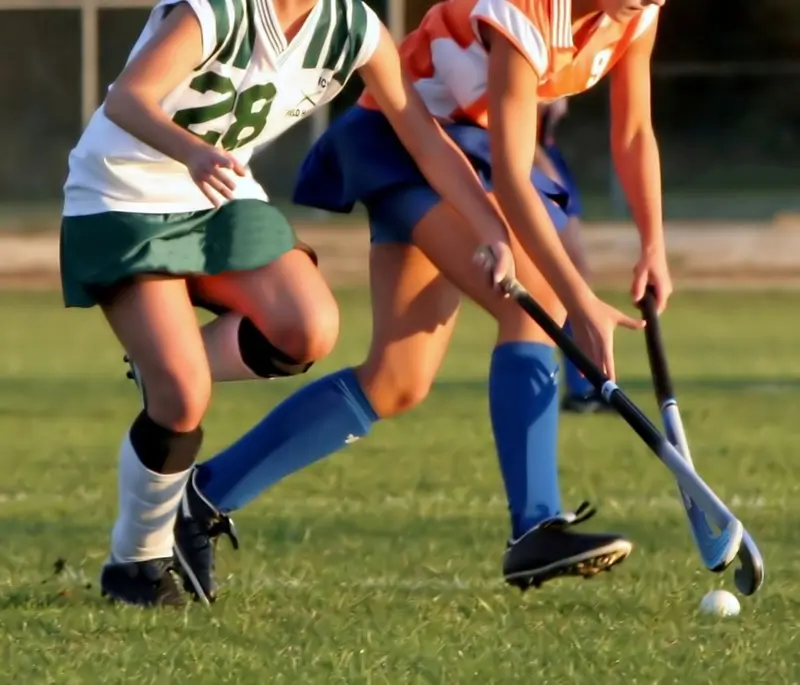Sport is a big part of New Zealand culture – with many New Zealanders enjoying some form of kicking, throwing, hitting, or chasing a ball. Sports are a great way to keep fit, but some of them can put you at risk of chipping, or even losing, a tooth.
We decided to take a closer look at these sports and single out the worst culprits.
What are some of the most dangerous sports for your teeth?
- Basketball
Basketball is a non-contact sport, so it doesn't seem like a likely offender. However, because there is no oral protection required for this sport, it puts players at great risk of a mouth injury. Just think of all those elbows flying everywhere and how hard the court can be for players who suffer a fall – it's easy to see how basketball can put your teeth at risk. - Hockey
Between sticks flailing and a ball flying through the air, hockey is a definite risk for teeth. - Cycling
The bicycle is the piece of sporting equipment most commonly linked to mouth injuries in children, according to the American Dental Association. Bumps in the road and sudden falls can cause some nasty injuries. - Boxing and martial arts
When someone is throwing punches at your face, oral injuries seem unavoidable. Boxers and participants in martial arts can suffer blows to their mouths, leading to cut cheeks and lips, and potentially damage to their teeth. The good news is that boxers typically wear mouthguards, which protect them from the worst of any impact. - Rugby
It's no surprise that rugby puts your teeth at risk – but you might be surprised that it is less dangerous than sports such as basketball or cycling. Because parents and players know that rugby is a collision sport, care is taken to make sure mouthguards are used properly. Wearing protective mouth gear can make all the difference.

How can you avoid oral injuries from sports?
When playing any sport that puts your teeth at risk of injury, you should wear a mouthguard. Custom-fitted mouthguards offer the best protection and are the most comfortable to wear. A good mouthguard is resilient, thick in the right places and shouldn't interfere with talking, the New Zealand Dental Association explains. It will protect your teeth and gums, plus help to defend you from concussions.
If you do suffer an injury to your mouth while playing sports, the best thing to do is to make a dentist appointment as soon as possible.
